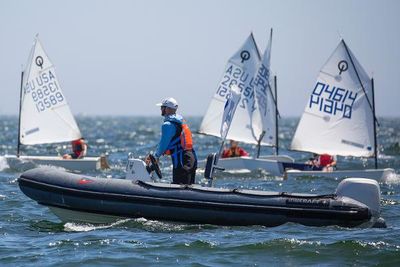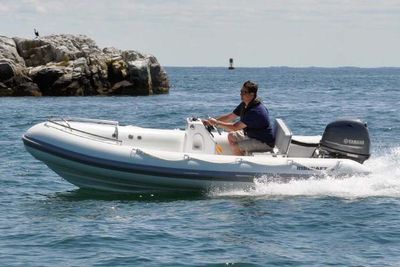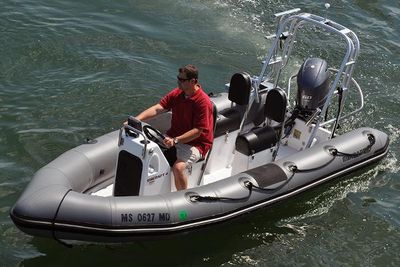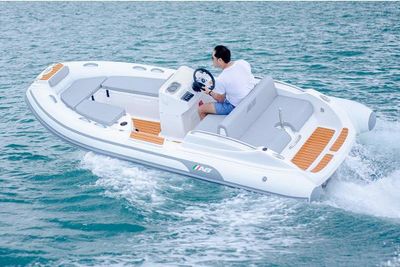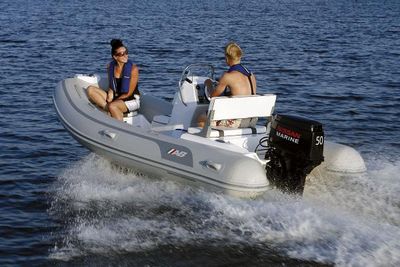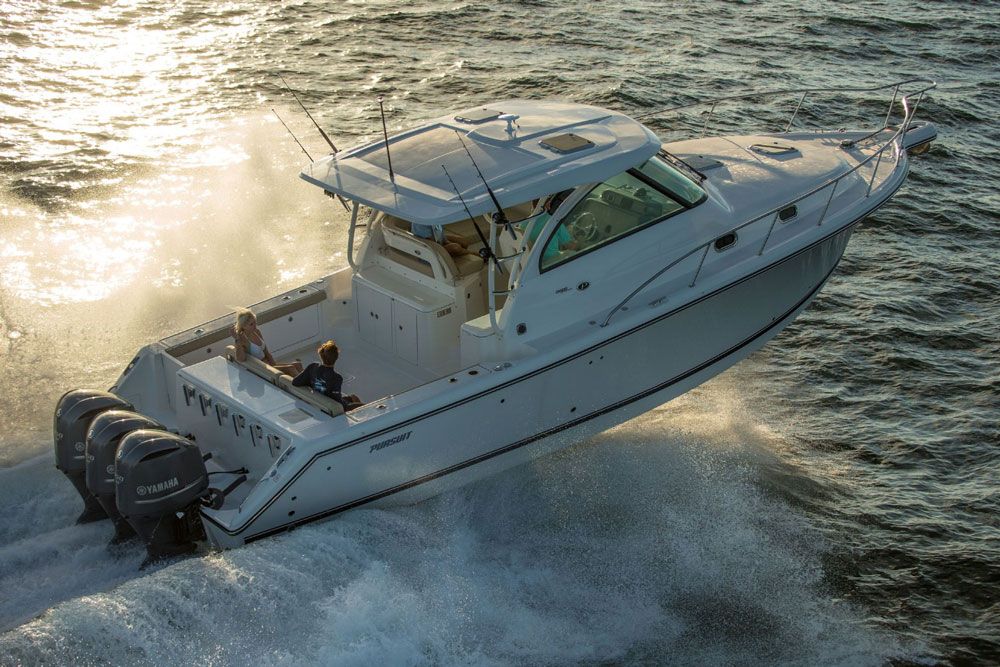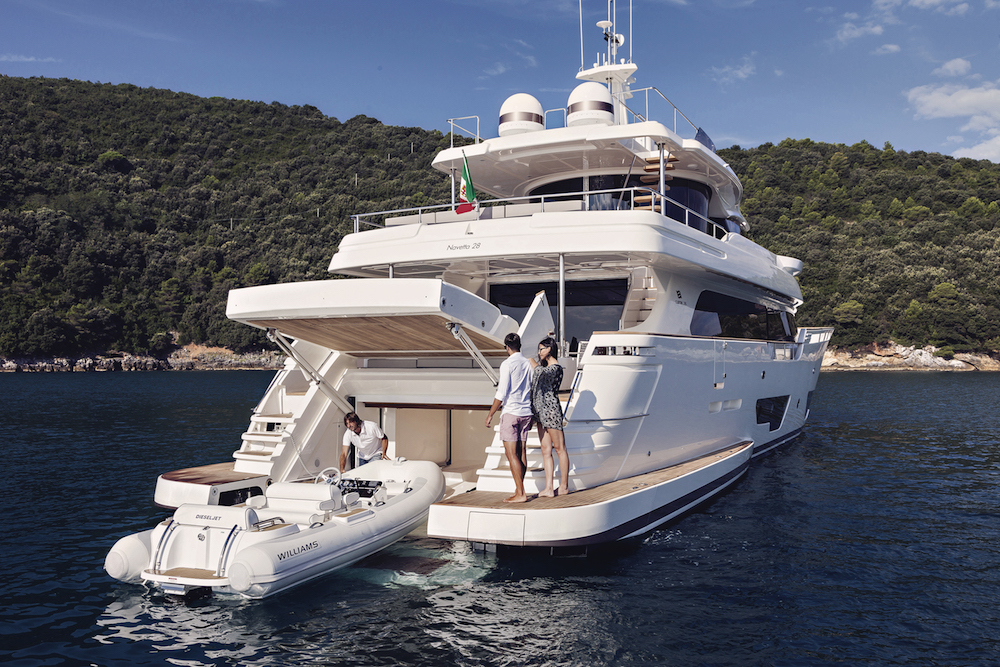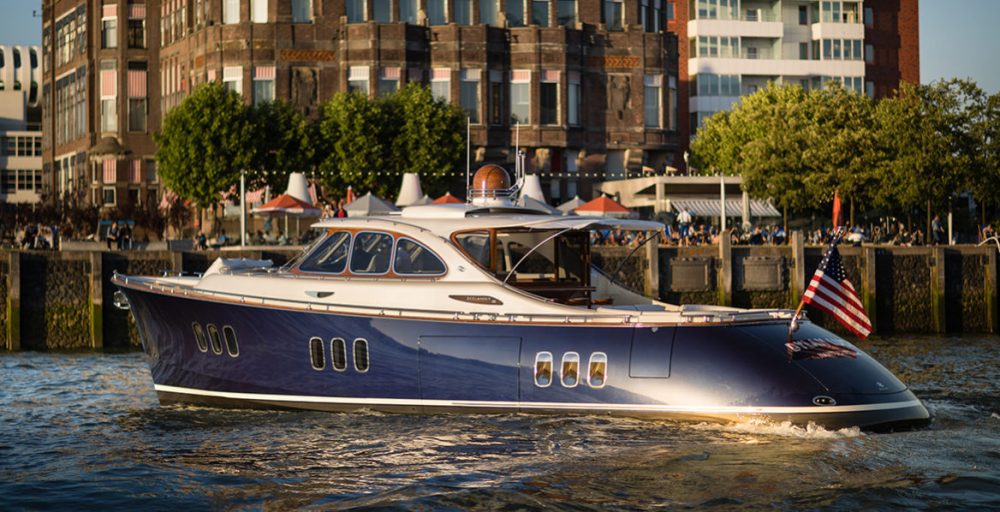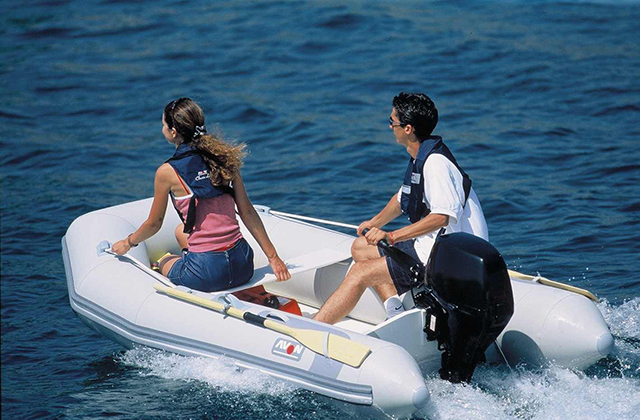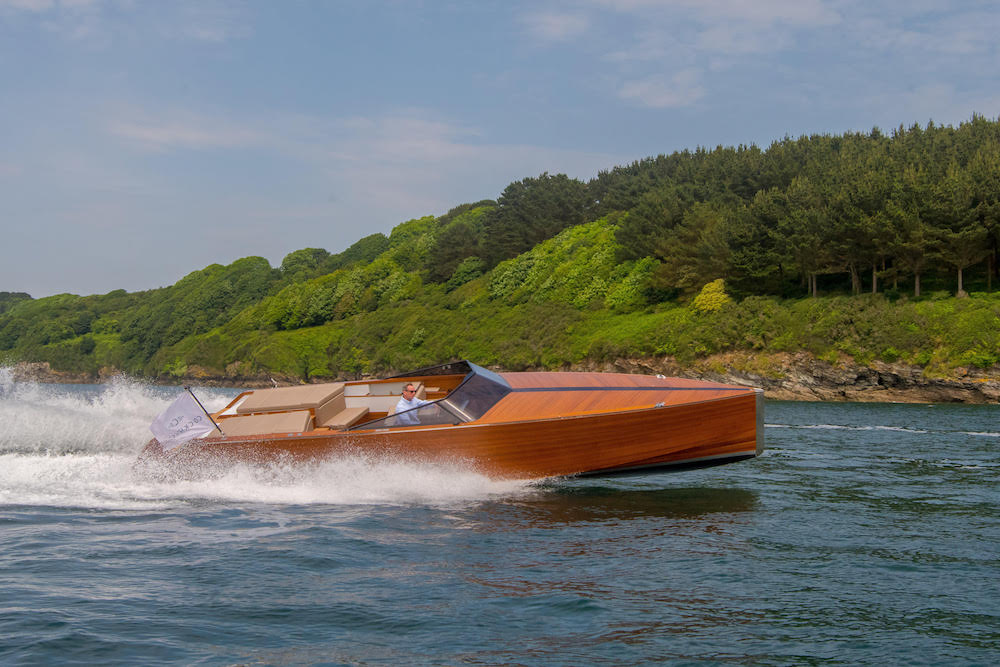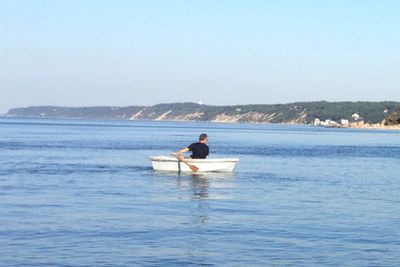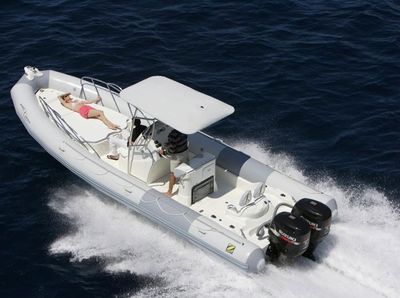Tenders
- Activities: Tender for larger boats and Day Cruising
- Length Range: 6 - 40 ft.
- Average price: $64,000
- Propulsion: Inboard, Outboard Engine or Electric
At its simplest form, a tender is a smaller boat that travels back and forth between land and its larger counterpart boat. For those who own or charter a larger boat or yacht, it’s vital to have a tender onboard for potential transfers to and from the boat in shallow waters. When narrowing down your options, there are a few factors you should consider before purchasing your tender: size, cost, usage, power and material. Depending on the size of your yacht, you’ll want to ensure that you have enough space available to store a tender—preferably in an enclosed area. The biggest mistake an owner can make is failing to measure correctly to ensure storage capacity. Also, don’t forget to keep in mind that while it may fit dimensionally, it could restrict boarding access.
In addition to size, owners will also want to determine the price they are willing to spend. It’s important to be aware that the tender is often a last minute add-on purchase in the buying process. It’s understandable that after purchasing a luxury yacht or boat, the thought of spending extra cash on a tender can make some owners cringe; but remember, you get what you pay for. Being too economical or opting for a smaller tender may not always be your best option. You’ll also want to factor in power and propulsion system. Overpowering is a common theme for tenders, while underpowering your boat could make the engine work harder to ferry guests to and from the main vessel.
When it comes to materials and usage, almost all tenders on modern yachts are constructed on rigid-hull inflatables. Most of these inflatables are made of PVC or Hypalon, where the main tradeoff is often between price and durability. PVC is typically the most popular because of its lightweight and affordable price point, while Hypalon tends to weigh more and cost more thanks to its robust fabric. Regardless of what tender you end up with, the main benefits to keep in mind are that they are easily portable, generously buoyant, very stable, and generally require low power.
